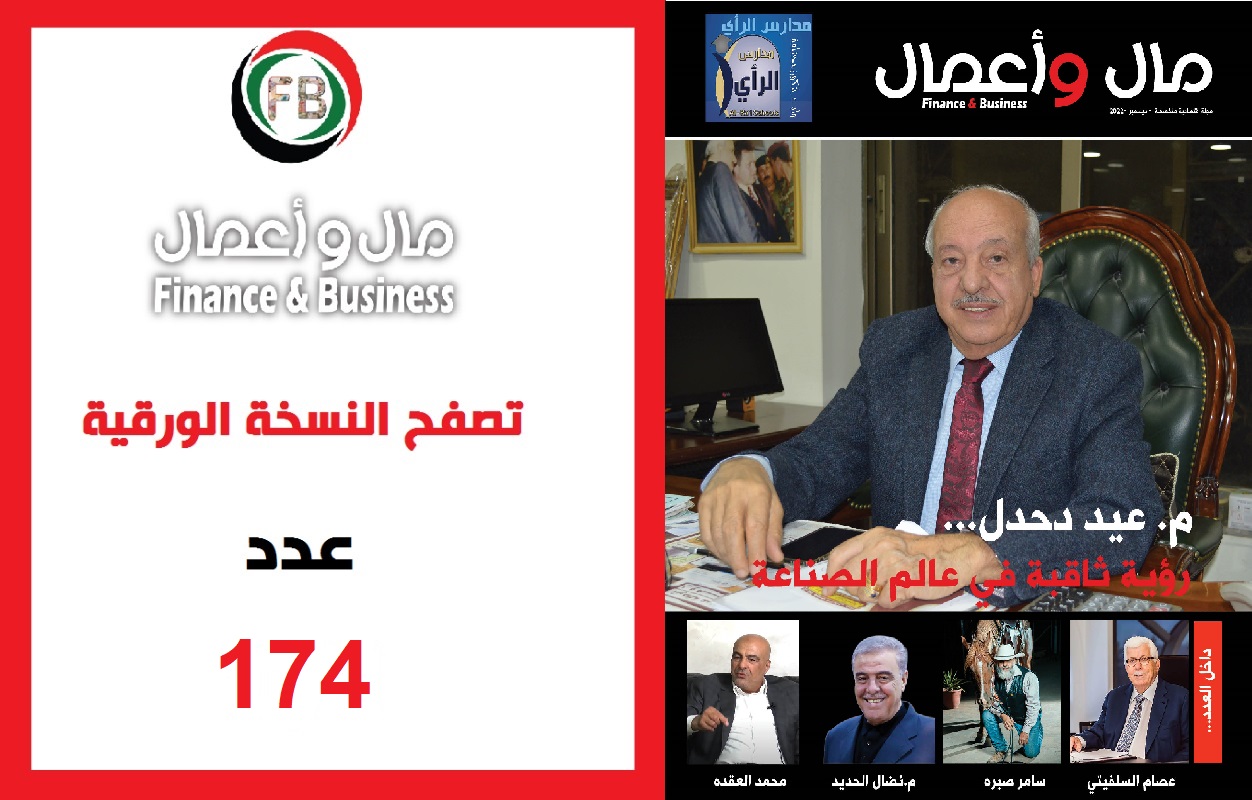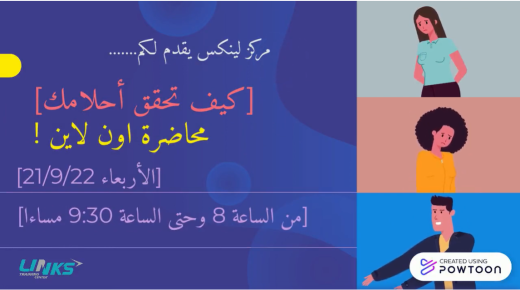During his participation in a panel discussion at Dubai International Project Management Forum

During his participation in a discussion panel entitled ‘Managing Development Projects’ as part of the 4th Dubai International Project Management Forum, organised by the Dubai Roads and Transportation Authority (RTA), HE Saeed Mohammed Al Tayer, MD & CEO of Dubai Electricity and Water Authority (DEWA) has emphasised DEWA’s quest to achieve the vision of the wise leadership to promote sustainable development in the UAE. This is done by applying the three aspects of sustainable development: society, environment and economy in all its development projects, and adopting best global practices and the latest methods of project management, to ensure global level of reliability, efficiency, and safety.
This took place during a discussion panel held in Madinat Jumeirah in Dubai. Other participants included HE Khalaf Al Habtoor, Chairman of Al Habtoor Group, and HE Frode Mauring, Resident Coordinator of the United Nations Development Program (UNDP) in UAE. The session was moderated by Dr. Khaled Hamdy, Project Advisor to the Director General of RTA.
“At DEWA, we work to achieve the vision of our wise leadership to make the UAE one of the best countries in the world. At DEWA, we manage our projects following the best international practices while taking into consideration the 3 dimensions of sustainability present in our strategy map, including economic, environmental, and social dimensions. Previously, DEWA adopted the EPC model (Engineering, Procurement and Construction) for our power generation projects. Since 2014, DEWA has pioneered the IPP (Independent Power Producer) project management and implementation model. There are a number of socio-economic advantages to the IPP model. DEWA has achieved world class results and set a new global standard by achieving world records in energy prices (5.6 cent / Kwh for Phase Two 200 MW project in 2015 and 2.99 cents/kWh for Phase Three 800MW project in 2016) and USD 7.3 cents (kW/h) for Phase Four 700MW CSP which is the lowest in the world based on the IPP model). The competition created amongst developers by DEWA in its IPP projects has resulted in significantly reduced CAPEX per megawatt of installed capacity compared to the EPC model, leading to a more efficient utilisation of available economic resources. DEWA has attracted major inward investment from the private sector and foreign banks, resulting in cash inflows into the Dubai and UAE economy. The project companies created by DEWA and our private sector partners place an emphasis on employment and knowledge transfer to Emirati employees, thus directly benefiting the local community. Currently, DEWA has more than 4,000 MW of IPP projects in the pipeline, in partnership with the private sector and total investment of over AED 32 billion. Through this model, the Avoided Upfront Investment is more than AED 26 billion so we can invest in other infrastructure projects. We expect that the IPP projects currently under development to generate thousands of jobs. Environmentally, the Mohammed bin Rashid Al Maktoum Solar Park will generate 5000 MW by 2030 saving over 6.5 Million tonnes of CO2 per year. This is the largest single-site solar park in the world based on the IPP Model,” said Al Tayer during the panel session.
Answering a question about the sustainable energy projects that DEWA is planning, and how DEWA takes sustainability into consideration in managing its projects, Al Tayer said, “DEWA is the first government organisation to adopt sustainability as part of its vision. DEWA’s strategy has evolved to embed the three dimensions of sustainability; economic, social and environmental goals giving us a fully integrated sustainable business strategy. We have a clear 2050 clean energy strategy. We are securing our supply by diversifying the energy mix, to include clean energy to provide 7% of Dubai’s total power output from clean energy by 2020, 25% by 2030 and 75% by 2050. Dubai has developed the Carbon Abatement Strategy to reduce 16% of Carbon Emissions by 2021. DEWA’s electricity and water generation projects to improve efficiency will make cumulative savings of up to AED 70 billion and will also contribute to reducing carbon emissions by 235 million tonnes by 2030. The Demand Side Management Strategy (DSM) aims to reduce power and water consumption by 30% by 2030 through 8 main programmes. These include: Building regulations, Building Retrofits, District central cooling, Water reuse and efficient irrigation, Specifications of energy efficiency, Outdoor lighting, and Shams Dubai initiative to install solar panels on houses and buildings. In addition to that, we are supporting the Demand Side Management 2030 plan to reduce energy and water demand in Dubai by 30%. DEWA has launched a number of initiatives to enhance the efficient use of power and water through our DSM programmes which, among others, include building retrofits and offer AED 30 billion up to 2030 investment opportunities. Moreover, under Shams Dubai initiative, we encourage building-owners to install solar PV systems at their premises and connect them to the distribution grid, thereby producing green energy. Other initiatives include Smart Applications through Smart Grid and Smart meters, the Green Charger to encourage people to use sustainable transportation of hybrid and electric vehicles, and solar water desalination. Other green programmes and initiatives include the Dubai Green Fund, which is worth AED 100 billion, and encourages green investment and green growth, the World Green Economy Organisation (WGEO) the first global pioneer organisation in Green Economy supported by the UAE and in partnership with UNDP. We’ve increased our generation capacity by 900MW through initiatives to increase productivity and efficiency using innovative techniques without adding new generators. We are currently desalinating water in Dubai through the Combined Cycle Co-Generation, which is efficient and depends on using waste heat created by the production of electricity for water desalination. It produces 67% of the water without burning extra fuel. DEWA adopts a clear strategy to ensure that by 2030, 100% of desalinated water will be produced by a mix of clean energy that uses both renewable energy and waste heat. This will allow Dubai to exceed global targets for using clean energy to desalinate water. To ensure continuous improvement, DEWA conducted a study to improve water production, and analyse the economic and technical feasibility of replacing Multi-Stage Flash (MSF) desalination technology with solar-powered Reverse Osmosis (RO) to produce water using cheap and clean energy. By 2030, Reverse Osmosis will help expand our production capacity to 305 million gallons of desalinated water per day. This means reverse osmosis will produce 41% compared to its current share of 5%. So we will be able to produce 750 million gallons of desalinated water per day by 2030, compared to our current capacity of 470 million gallons per day.
In regards to CSR initiatives and programmes, Al Tayer said, “Our CSR initiatives are an integral part of our strategic plan, and efforts to serve society. DEWA instils the spirit of volunteering among its employees, as well as community members. DEWA employees take part in several volunteer activities inside and outside the UAE, as they believe that humanitarian work is one of the reasons of true happiness. Our CSR efforts over the last few years have contributed to an increase in community happiness from 82% in 2013, to 89% in 2016. Our total CSR expenses for 2016 was 7.59% of revenues. We have 12 main programmes to provide 27 social and humanitarian initiatives.”
In his response to a question about His Excellency’s advice to people managing socio-economic development projects, Al Tayer said, “The main important aspects are: the good planning and lessons learnt from previous projects (such as revision of clauses, tender terms and conditions), good project management (clear responsibilities for project directors and staff, good supervision, empowerment of high calibre people, site visits, follow-up & project meetings), Project Engineering, Procurement & Quality Control, Cost Control and Delivery Time, and Health & Safety. Regarding DEWA, our projects are also monitored through a mobile dashboard system.”
Al Tayer thanked the organisers of Dubai International Project Management Forum that provided an excellent platform which allowed DEWA to show its best practices and achievements.
المصدر : https://wp.me/p70vFa-mQ8






















